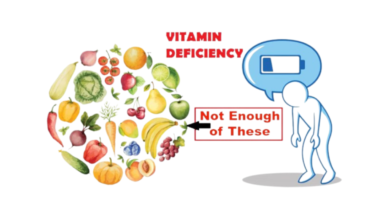Stress: Emotional stress can exacerbate period pain.
Stress and Period Pain: The Connection

What is Stress ?
Stress is a physiological and emotional response to a perceived threat or demand. It’s a natural reaction that helps us cope with challenges. However, chronic stress can have negative impacts on our physical and mental health.
what are the symptoms of Stress ?
Stress can manifest in various ways, both physically and emotionally. Common symptoms include:
- Physical:
- Fatigue
- Headaches
- Muscle tension
- Digestive problems
- Changes in appetite
- · Sleep disturbances
- Weakened immune system
· Emotional:
- Anxiety
- Depression
- Irritability
- Difficulty concentrating
- Feeling overwhelmed
who can suffer from Stress ?
Stress is a universal experience that affects people of all ages, genders, and backgrounds. However, certain factors can make individuals more susceptible to stress, such as:
- Personality traits: Type A personalities (competitive, impatient, and aggressive) are often more prone to stress.
- Lifestyle factors: Poor diet, lack of exercise, and insufficient sleep can contribute to stress.
- Life events: Major life changes, such as job loss, divorce, or illness, can be significant stressors.
What are the types of Stress ?
There are two main types of stress:
- Eustress: This is a positive form of stress that can motivate and energize us.
- Distress: This is a negative form of stress that can overwhelm us and lead to health problems.
Which diagnostic tests are available for this Stress ?
While there are no specific diagnostic tests for stress, a healthcare professional can assess your symptoms and identify underlying causes. They may also use psychological evaluations or questionnaires to assess your stress levels.
What is the treatment of Stress ?
The treatment for stress often involves a combination of strategies, including:
- Lifestyle changes: Improving sleep, diet, exercise, and relaxation techniques.
- Stress management techniques: Mindfulness, meditation, deep breathing, and yoga.
- Therapy: Cognitive-behavioral therapy (CBT) can help you manage stress and develop coping mechanisms.
- Medication: In some cases, medication may be prescribed to treat underlying conditions or symptoms associated with stress, such as anxiety or depression.
Which diet I should take, if any ?
A healthy diet can help reduce stress. Consuming nutrient-rich foods, staying hydrated, and avoiding excessive caffeine and alcohol can contribute to overall well-being.
Which speciality of the doctor will treat Stress ?
While a primary care physician can address stress, a mental health professional, such as a psychologist or psychiatrist, may be more specialized in treating stress-related conditions.
Is this disease completely curable ?
Stress is a normal part of life, and it’s not always possible to eliminate it completely. However, with effective coping strategies and support, you can manage stress and improve your overall quality of life.





